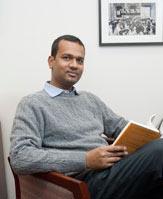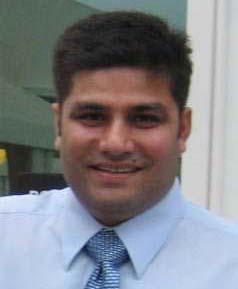He is a criminal but he is our criminal: Criminally accused politicians in India
The recent increase in the number of criminally accused politicians elected to state assemblies has caused much furor in India. Despite the potentially important consequences and the widely divergent views, the implications of their elections to state legislative assemblies on constituency-level economic performance are unknown. In this project, we aim to answer the following set of questions:
- What are the costs of electing criminally accused politicians to state assemblies in India?
- In particular we want to make use of Census data on different kinds of public goods provision, for e.g. roads, schools, water etc. to test this hypothesis.
- Do these economic costs vary by the type of accusations, for e.g. the costs will be different for a candidate accused of murder/kidnapping vs. drunk driving?
- If there are costs of electing criminally accused politicians, then why do we elect them?
- Do such politicians provide certain kind of public goods to their constituents or caste members?




